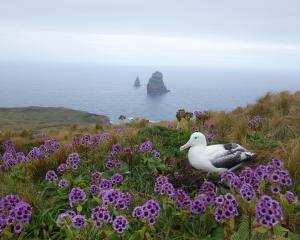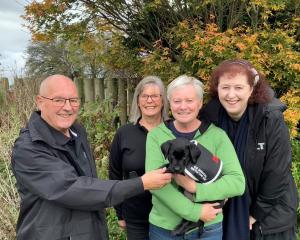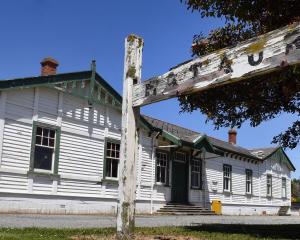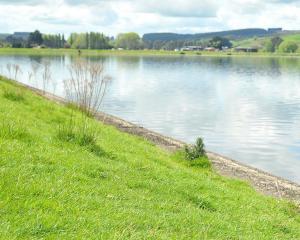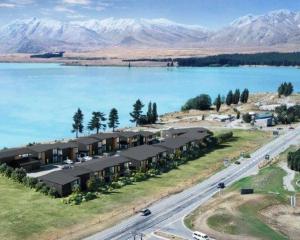They also question whether they have sufficient legal clout to control retailers of these products setting up shop.
Last month the Waitaki District Council decided to urgently develop a Local Approved Products Policy (Lapp) covering the sale of legal highs.
Waitaki Mayor Gary Kircher said psychoactive substances were not wanted in Oamaru or the Waitaki district.
Councillors wanted a plan in place, although only one outlet was known to be operating in Oamaru.
Policy manager Fraser Liggett said discussions had been held with the Southern District Health Board in relation to the policy.
The next step would be to update councillors before preparing a draft policy.
The Clutha District Council's submission to the Ministry of Health's Psychoactive Substances Regulatory Authority said the council had yet to adopt a draft Lapp on the sale of psychoactive substances as it was not aware of any retail outlets selling such products.
The council urged the authority to take ''prompt and decisive action'' to review the law, with a view to letting communities decide whether to allow or ban the sale of psychoactive substances in their local authority areas.
Central Otago District Council planning and environment manager Louise van der Voort said policy preparation had not begun, but the council was aware it was a ''major issue'' in the community.
''We will be looking at it in the future. It is our understanding that we cannot, under a locally-approved product policy, ban the retail of psychoactive substances. We can only control the location of the retail outlets.
''We appreciate that this is a matter of priority so we will be proceeding with it.''
The Queenstown Lakes District Council recently made a submission about legal highs to the government.
Council regulatory manager Lee Webster said the issue of legal highs was taken seriously and the submission was on topics such as level of dose and type of legal high.
''The Ministry of Health has acknowledged receipt of the submission and after the Select Committee has considered it, we will make it public,'' Mr Webster said.
''But we're also considering whether there should be a Lapp,'' he said.
The council did not expect ''any significant progress until June at the earliest''.
The Invercargill City, Southland district and Gore district councils have combined to write a Southland-wide Lapp.
The draft was released for public consultation last month and submissions closed last week.
The draft policy would allow licensed, specialist legal high shops in parts of the main streets of the Invercargill CBD, Gore, Winton and Te Anau.
No sales would be allowed anywhere else in Southland, including from vehicles or door-to-door.
It has been criticised by Winton and Te Anau residents. More than 2000 Winton residents signed a petition calling on the councils to ban legal high shops from the town.


